Be Informed
Choose a topic to learn more about it, or explore the featured resources below.
-
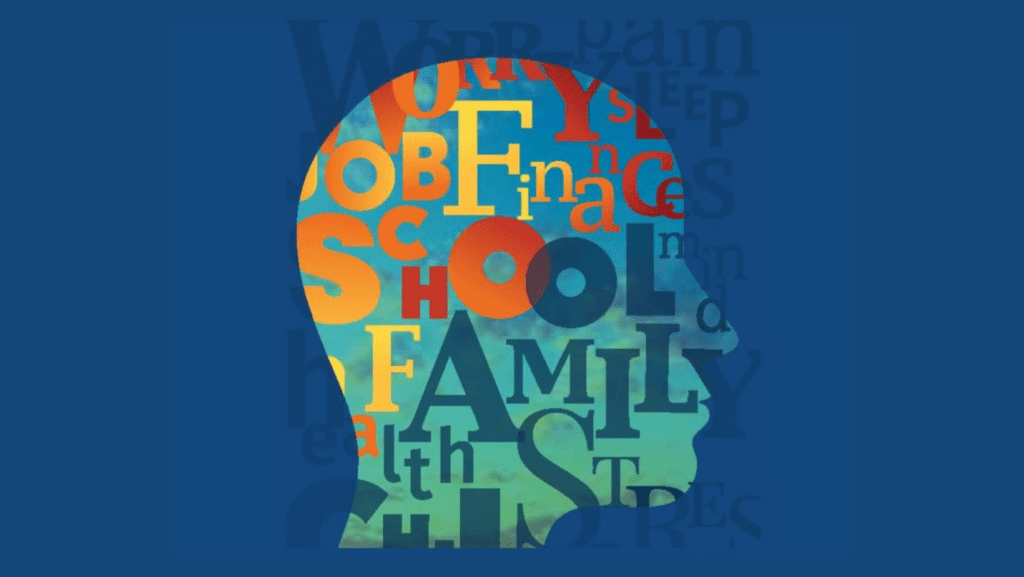
5 Things You Should Know About Stress
Everyone feels stressed from time to time. But what is stress? How does it affect your health? And what can you do about it? Source: National Institute of Mental Health
-
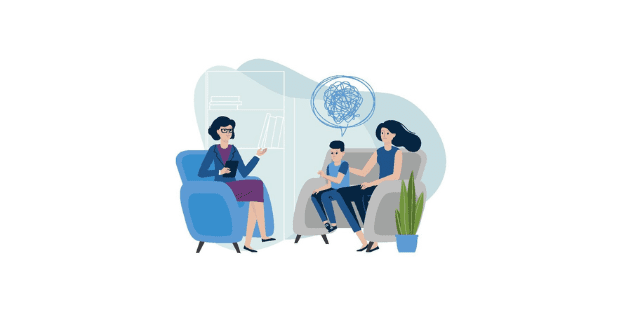
Children and Mental Health: Is this just a stage?
All children are sad, anxious, irritable, or aggressive at times, and many find it occasionally challenging to sit still, pay attention, or interact with others. In most cases, these are just typical developmental phases. However, such behaviors may also indicate a more serious problem in some children. Source: National Institute of Mental Health
-
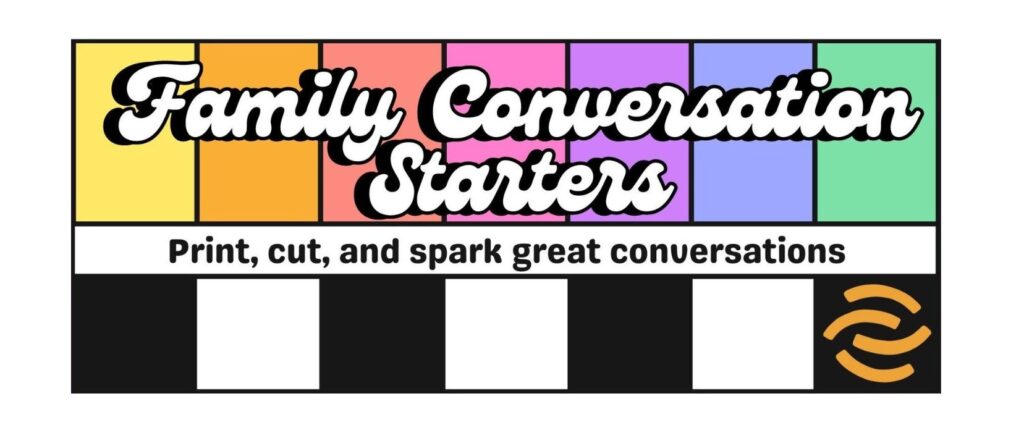
Family Conversation Starters
Print, cut, and start great family conversations Linn Together’s conversation starter cards offer a fun way to engage your family in discussions. Simply print and cut the conversation card sheets to create an activity where each member draws a question to answer, or selects someone else to respond. In Spanish and English. Versión en Español
-
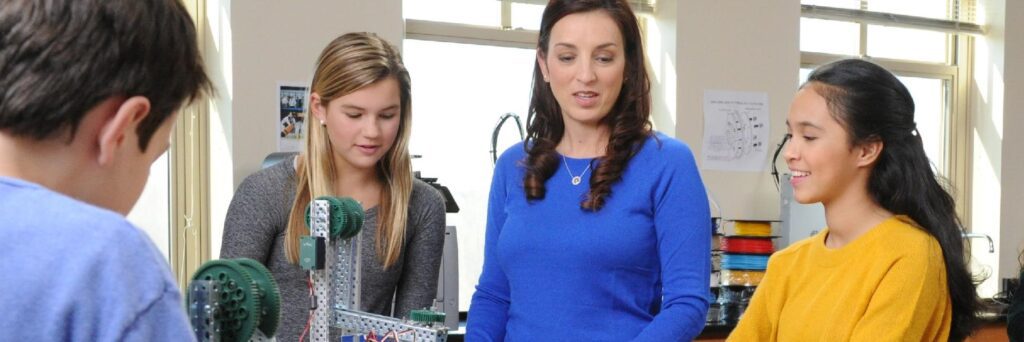
What Educators Can Do to Help Prevent Underage Drinking and Other Drug Use
School staff members can play a powerful role in the prevention of underage drinkingand drug use among their students. Together, educators and families can work to sendstrong and consistent messages to students about the use of alcohol and other drugs.
-

Nicotine and the Young Brain
In young people, 5 mg of nicotine a day is enough to establish a nicotine addiction – about the amount of nicotine in one quarter of an e-cigarette pod. Learn more about nicotine and how it impacts the young brain. Source: Truth Initiative
-

988 Around the U.S.
The 988 Lifeline is a national network of local crisis centers that provides free and confidential emotional support to people in suicidal crisis or emotional distress 24 hours a day, 7 days a week in the United States.
-
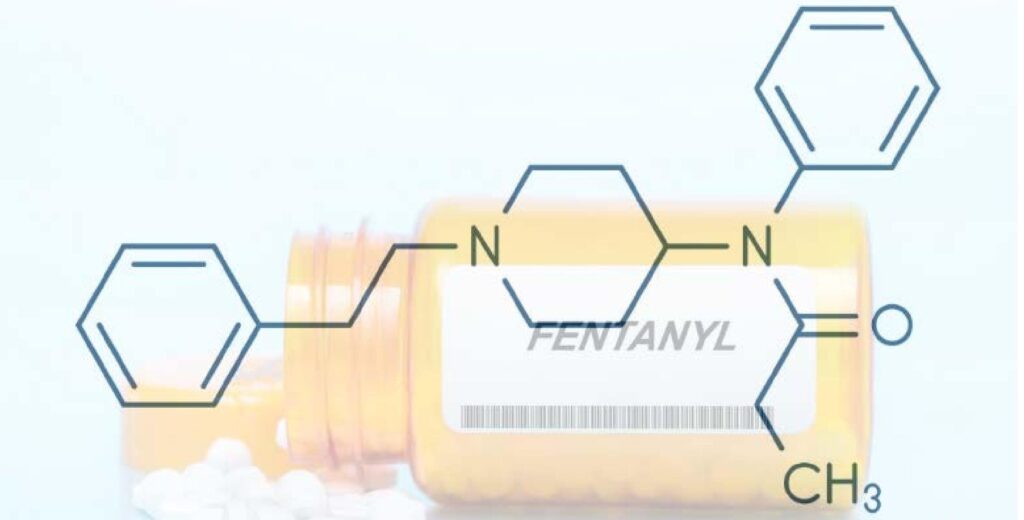
Why fentanyl? Why now?
Download this CADCA fentanyl guide in English or Spanish. Includes specific actions communities can take to prevent exposure to and use of fentanyl among youth. En espanol
-

The New Drug Talk Oregon
Fentanyl has changed the drug landscape, and we have to change how we talk to kids about it. The New Drug Talk Oregon website provides parent conversation scenarios, fentanyl facts, and local resources. Help make talking with your kids about drugs easier and more effective.
-

Build Your Coping Toolbox
A coping toolbox is a collection of skills, techniques, items, and other suggestions that you can turn to assoon as you start to feel anxious or distressed. Source: Mental Health America